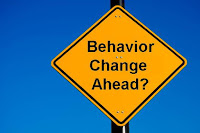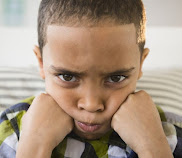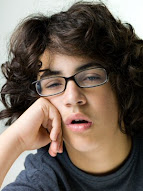Resolving School Behavior Problems in Kids on the Autism Spectrum

Question "Mark, I have a daughter age 6 who was diagnosed with an autism spectrum disorder at age two. She received intensive therapy, 40 hours plus, per week utilizing various techniques. She is now 6. She is extremely friendly to even strangers, her IQ is 133… she is great with the exception of some behavioral problems. She is in first grade and is getting in trouble and being punished regularly for things such a marking on things she should not mark on, refusing to write. I need help." Answer You need to have a functional behavior assessment performed. Consider the following scenarios: A child with ASD has a behavior meltdown, in the school hall way. He begins to scream and hit other child. A grown-up is able to redirect the child and thus eliminate the behavior. Afterward, the team meets to discuss behavioral approaches for the future and to try to find out what led to this behavioral incident. As the team discusses potential reasons for the behavior,


